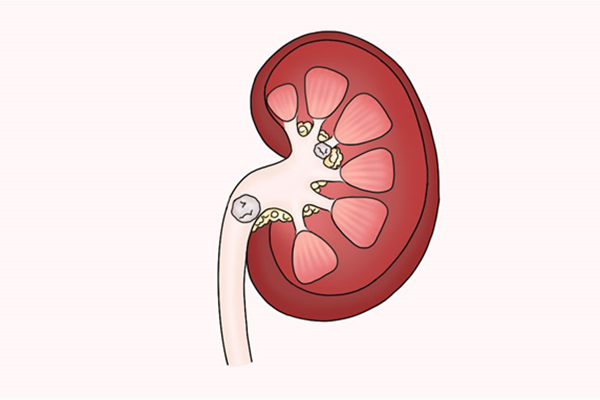Can bile duct stones be treated with lithotripsy?
In general, lithotripsy is not an appropriate treatment for bile duct stones. The specific reasons are as follows:
Bile duct stones form in the intrahepatic or extrahepatic bile ducts due to factors such as bile stasis or biliary tract infections. Unlike stones in other locations, bile duct stones do not respond to extracorporeal shock wave lithotripsy (ESWL), which has no therapeutic effect. Moreover, after fragmentation, stone fragments may obstruct the common bile duct, potentially causing bile duct injury, triggering biliary infection, or even leading to septic shock—conditions that can be life-threatening. Therefore, extracorporeal lithotripsy is generally not recommended for treating bile duct stones. If bile duct stones are asymptomatic, immediate treatment may not be necessary; instead, regular follow-up observation is sufficient. However, if a patient experiences significant symptoms, the primary treatment is surgical exploration of the bile duct and stone removal, which effectively removes the stones and relieves biliary obstruction.

Patients are advised to seek timely medical attention when experiencing discomfort and to receive standardized treatment under the guidance of a physician, which promotes recovery.








